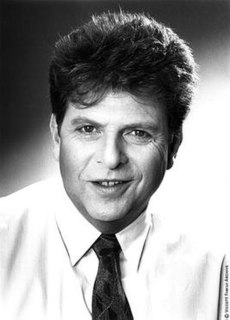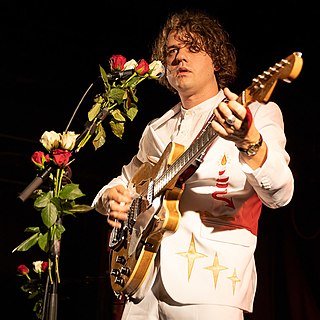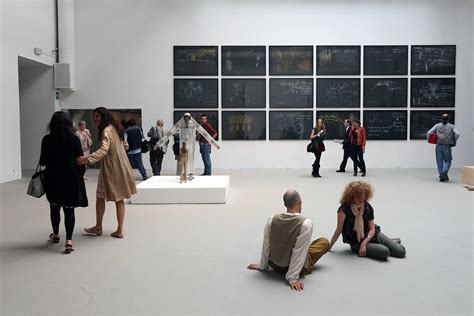A Quote by Greta Gerwig
I wrote the script to 'Lady Bird,' and it really came out of a desire to make a project about home - like, what the meaning of home is, and place. I knew Sacramento very well, obviously, growing up there, and I felt like the right way to tell a story of a place was through a person who's about to leave it.
Related Quotes
I realized how little I knew about my own country. I had grown up in the suburbs and, after college, I moved out of the country, so I didn't really know the place well. When I started following soldiers and their families back home, it provoked a lot of the questions about who we are as a nation, questions I realized couldn't be explored through the more limited framework of looking at the military at war and at home.
Take the Long Way Home is a song that I wrote that's on two levels - on one level I'm talking about not wanting to go home to the wife, 'take the long way home' because she treats you like part of the furniture. But there's a deeper level to the song, too. I really believe we all want to find our true home, find that place in us where we feel at home, and to me, home is in the heart. When we’re in touch with our heart and we're living our life from our heart, then we do feel like we found our home.
It’s funny. When you leave your home and wander really far, you always think, ‘I want to go home.’ But then you come home, and of course it’s not the same. You can’t live with it, you can’t live away from it. And it seems like from then on there’s always this yearning for some place that doesn’t exist. I felt that. Still do. I’m never completely at home anywhere.
If you don't connect yourself to your family and to the world in some fashion, through your job or whatever it is you do, you feel like you're disappearing, you feel like you're fading away, you know? I felt like that for a very very long time. Growing up, I felt like that a lot. I was just invisible; an invisible person. I think that feeling, wherever it appears, and I grew up around people who felt that way, it's an enormous source of pain; the struggle to make yourself felt and visible. To have some impact, and to create meaning for yourself, and for the people you come in touch with.
It [the memoir "In The Body of the World"] wrote me. I joke about it, but this book was so unusual. It just started to come out. I really feel like it came straight from my body. I think it was both an expression of what I had gone through, but also it just felt like everything had come together in my body and it needed to tell that story.
I thought that the R&B / Hip-Hop world really hasn't been explored on film and there's some issues that we're going through right now. It's in a very dangerous place , for women especially, both in terms of the songs that men are singing about. You know, R&B used to be a safe place for women and now it just seems like the songs coming out are so angry but also what women have to come out with. You have to get noticed. You see, it's like a script to follow. You come out hyper sexualized but what happens when you can't pull back from that. That's not authentic to yourself.
You could perhaps better tell the story of a place by writing of a tiny village as a sort of prism into the bigger issues the culture was facing. It struck me as a better way to learn about a place, or at least a different way, than just going to interview the president. So I have often tried to tell the story of a place through people there. But I'm just amazed.
I grew up in the Midwest and never really felt at home there, and when I got to New York, I was really fearless. I feel like I really fell in love with the the place. But then, it's a place where your world is really big at first and then becomes really small. I found myself hardly leaving my neighborhood, like I made it into a small town.
I've found great virtue in two-thirds of the way into the message; right before I'm really want to nail home a point, pausing to tell a joke or to tell a light-hearted story, because I know my audience has been working with me now for 20 or 25 minutes. And if I can get them to laugh, get oxygen into their system, it wakes up those who might be sleeping, so there's something about using a story to draw people back in right before you drive home your final point. In that case I think it's real legitimate just to use a story for story's sake.



































